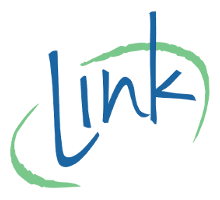

Dear Friends,
Link Education Project is closing its doors permanently on September 1, 2025. Due to the changing landscape of professional development in the State of Ohio, we've made the difficult decision to conclude programming.
Thank you for being a part of our journey over the past fourteen years. It has been our honor to work with so many dedicated and talented educators across greater Cleveland. We are proud to have been your colleagues.
There is no higher calling than teaching others to love learning. Remember that on the difficult days.
Please reach out to us individually on LinkedIn. We always love to hear from our people.
Yours in literacy,
The Link Ladies
Connie, Rebecca, Jane, Halle and Katie
